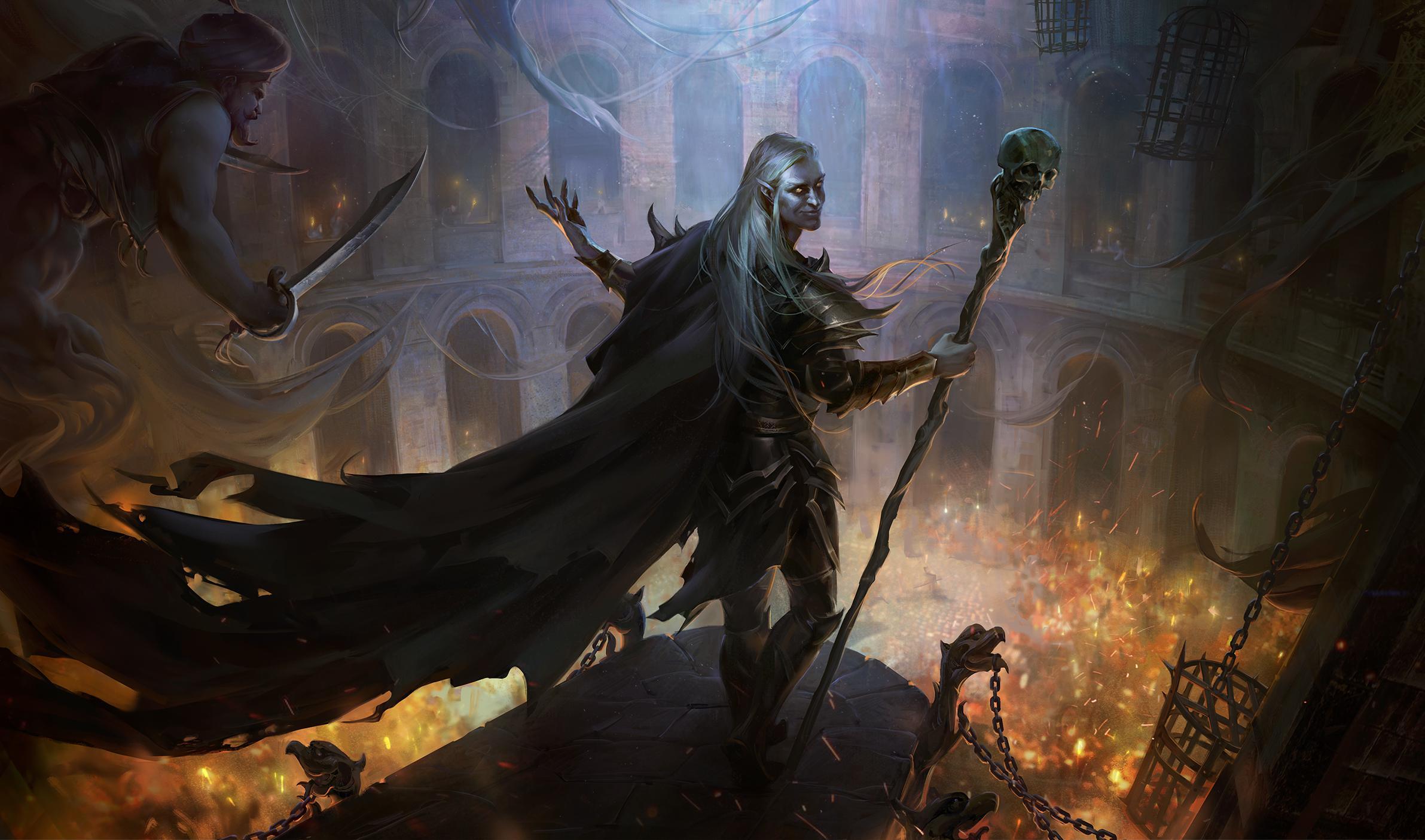Baldur's Gate 3 Director Slams Square Enix's AI QA Strategy

In a move that has sent ripples through the video game industry, a key leader from the studio behind the critically acclaimed *Baldur's Gate 3* has publicly condemned Square Enix's recently unveiled plans to heavily automate its Quality Assurance (QA) process using artificial intelligence. Michael Douse, the Publishing Director at Larian Studios, offered a sharp rebuke of the strategy, championing the irreplaceable human insight that QA professionals bring to game development.
The controversy began earlier this week when Square Enix, the publisher behind iconic franchises like *Final Fantasy*, announced a major strategic shift. As part of a new business plan, the company detailed its ambition to use generative AI to handle as much as 70% of its QA and game debugging workload. The publisher stated its goal is to "establish a competitive advantage in game development," suggesting that AI integration will lead to greater efficiency and speed.
Square Enix's Vision for an AI-Powered Future
Square Enix's proposal is one of the most aggressive AI integration plans announced by a major publisher to date. The company's internal documents outline a desire to leverage technology not just for testing, but to fundamentally reshape its development pipeline. By aiming for AI to handle 70% of QA and debugging, the publisher hopes to accelerate production cycles and potentially reduce long-term costs associated with large-scale human testing teams.
This strategy is part of a broader industry trend where companies are exploring AI's potential to assist in creating vast game worlds, generating code, and automating repetitive tasks. From a corporate perspective, the appeal is clear: AI can run countless simulations, test myriad variables simultaneously, and operate 24/7 without fatigue, theoretically catching obscure technical flaws that a human might miss. However, this focus on technical efficiency has sparked a fierce debate about what might be lost in the process.
Larian's Stance: The Irreplaceable Human Element
Michael Douse’s forceful response underscores a different philosophy, one that is arguably reflected in the success of *Baldur's Gate 3*. Larian Studios is renowned for its deep, player-driven experiences and a development process that heavily involves community feedback, most notably through a lengthy and successful Early Access period.
Douse's argument is that a human QA tester does far more than just identify graphical glitches or game-crashing bugs. Their true value lies in their subjective, human feedback. An AI can confirm if a system works as programmed, but a human can determine if that system is actually fun.
The essential contributions of a human QA team include:
- Gameplay Feel and Pacing: Providing feedback on whether combat feels responsive, exploration is rewarding, or if a story mission drags on too long.
- Fun Factor Assessment: Answering the most critical question: "Is this enjoyable?" This is an abstract concept that current AI cannot meaningfully evaluate.
- Intuitive Design Analysis: Identifying when a user interface is confusing, a puzzle is illogical, or a game mechanic is poorly explained.
- Creative Edge-Case Testing: Intentionally trying to "break" the game in ways a player might, discovering exploits and unintended consequences that a logical machine wouldn't consider.
By devaluing these contributions, critics argue that companies risk producing games that are technically polished but creatively sterile and less engaging for the end user.
A Crossroads for Game Development
The clash between Square Enix's strategy and Douse's critique represents a fundamental crossroads for the future of game development. On one side is a vision of hyper-efficiency, driven by automation and data. On the other is a belief in the craft and artistry of game creation, where human intuition and experience are paramount.
Many developers and industry analysts suggest the most viable path forward is a hybrid model. In this scenario, AI would not replace human testers but would instead empower them. AI could be used as a powerful tool to handle the most tedious and repetitive aspects of QA—such as checking for broken textures across a massive open world or running thousands of stability tests overnight. This would free up human QA professionals to focus on the higher-level, qualitative feedback that only they can provide.
As the industry continues to grapple with rising development costs and player expectations, the debate over the role of AI will only intensify. The public pushback from a leader at one of the world's most successful and respected studios ensures that this conversation will not happen behind closed doors, forcing both developers and players to consider what truly defines quality in a video game.
Frequently Asked Questions (FAQ)
Who is Michael Douse? Michael Douse is the Director of Publishing for Larian Studios, the independent game developer responsible for the massively successful and award-winning role-playing game, *Baldur's Gate 3*.
What was Square Enix's AI announcement? Square Enix announced a new business plan that includes using generative AI to handle up to 70% of its Quality Assurance (QA) and game debugging tasks to gain a "competitive advantage."
Why is using AI for QA controversial? The controversy stems from the belief that while AI can be effective at finding technical bugs and glitches, it cannot replicate the crucial human ability to provide subjective feedback on core elements like game design, pacing, and whether an experience is fun or engaging. Critics worry it could lead to job losses and a decline in the creative quality of games.